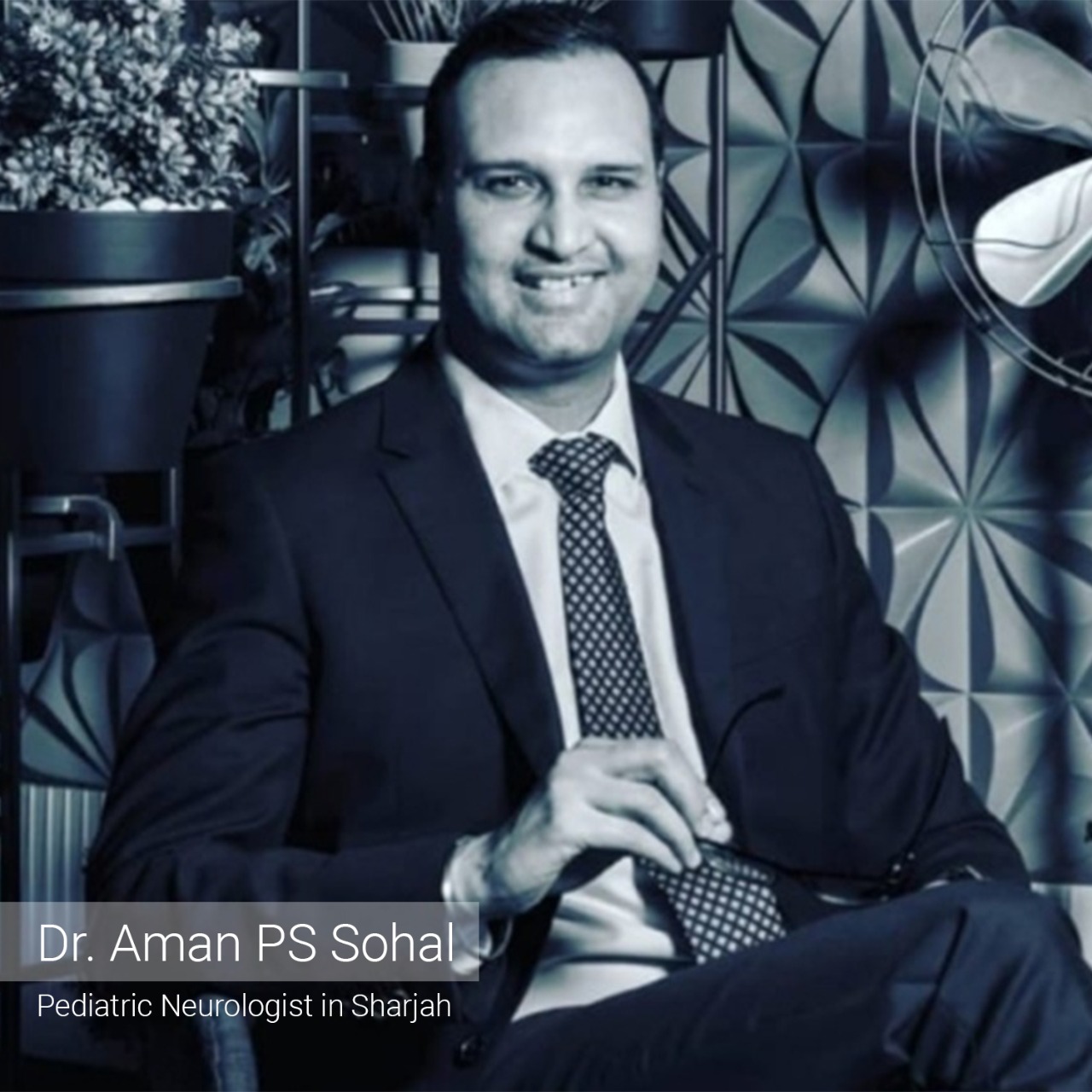Speaking with Dr. Arif Khan, consultant paediatric neurologist, founder, and CEO
What are some of the new developments and trends in paediatric neurology diagnosis and care that can improve people’s lives?
The field of paediatric neurology is a relatively new one. In the previous three decades, there has been a huge expansion and advancement of technology in this field. This contains novel ideas in the study of the neurobiology of brain development as well as developments in neuroimaging, genetic testing, and molecular biology.
Our knowledge of the molecular causes of epilepsy has increased, allowing us to create newer anti-epileptic drugs. There are currently alternative kinds of treatment for difficult-to-treat epilepsies, including ketogenic diets, vagal nerve stimulators, and improved surgical approaches.
We can now locate genetic loci for some inherited metabolic illnesses, idiopathic epilepsies, and neuromuscular disorders thanks to advancements in genetics. This has aided medical professionals in accurately diagnosing these uncommon illnesses and starting therapy as soon as possible. We have been able to create some ground-breaking medications in the field of neuromuscular medicine by using gene editing, gene transfer using viral vectors, and gene repair technologies. Duchenne muscular dystrophy, spinal muscular atrophy, and other metabolic diseases can now be treated clinically with these drugs.
In conversation with Dr Aman PS Sohal, Consultant Pediatric Neurologist, Founding Partner and Clinical Director
In an active conversation with Dr Aman PS Sohal we could deduce important insights regarding pediatric neurology and how well the industries are shaping up for a brighter future. He also added points on how things have started changing for the better for the kids with intelligence disabilities and how welcoming and approachable the current generations are towards the mentally disabled kids. Sharing major anecdotes from the interview!
Could you provide more information on the most recent technology and treatments you have implemented at Neuropedia to enhance patient outcomes?
In paediatric neuroscience, clinical competence rather than new technology decides the outcome in children. Nevertheless, when applied wisely, new therapy alternatives and technological advancements benefit children’s outcomes. We have the latest cutting-edge electroencephalography technology at Neuropedia to perform routine EEGs, sleep EEGs, and 24-hour ambulatory EEG monitoring in kids. For kids with ADHD and cognitive challenges, we have begun to offer a novel idea in brain training called Brain Rx. We utilise the most recent and cutting-edge genetic testing for diagnostic purposes with the assistance of our worldwide partners.
What is the long-term objective of Neuropedia, and how do you intend to accomplish it?
As we move forward, our emphasis on expanding and strengthening Neuropedia aligns with the Dubai Health Authority’s five-year plan to enhance mental health and rehabilitation. We at Neuropedia think that our vision of development and progress represents a broader acceptance in a society free of myths and stories surrounding neurological disorders. Instead, these disorders need to be quickly identified and treated using evidence-based practises. In five years, we plan to solidify Neuropedia’s position and make it the go-to resource for all consultations and services pertaining to paediatric neurology in the area.
What actions have you taken to engage the neighbourhood and spread knowledge about neurological disorders?
We use a Hub-and-Spoke model of care at Neuropedia, where Neuropedia acts as the hub and offers outreach services to the neighbourhood. We have several programmes in schools to help kids since we know how vital it is to spread awareness and offer neurological services to the community.
One such programme, Unity Class Adapted Curricular Therapy Program, is offered at GEMS Metropole School in Dubai and aims to offer young children who require alternate curriculum pathways and/or support in school readiness development a learning and therapeutic setting. The ultimate objective is to help students graduate from the adapted education classroom.








